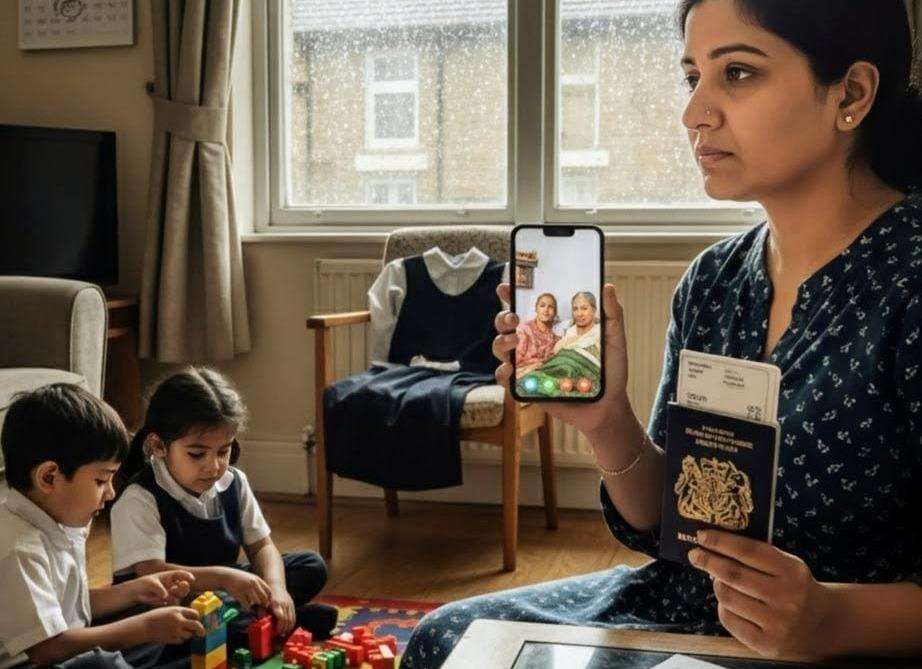The UK government's recent crackdown on child benefit fraud, which relies on comparing HMRC records with incomplete Home Office international travel data, has created a devastating new burden for thousands of non-UK born British mothers, particularly those from South Asian communities including Bangladeshi, Pakistani, and Indian backgrounds. These families often rely on the extended school holidays as the only practical time for long-distance international travel to visit elderly or sick parents, but the fear of benefit suspension is now preventing them from making essential trips.
The heart of the issue lies in the flawed data system that has already seen 23,500 families wrongfully flagged as emigrants and their child benefit payments suspended, even after short trips or cancellations. HMRC's use of international travel data, which frequently fails to record returns—especially when claimants travel back via connecting or non-direct routes like returning to Northern Ireland via Dublin, or simply do not check in for a cancelled flight—is causing significant distress.
For countless mothers, including a large segment of the South Asian diaspora, the brief window before children start school, or during long summer breaks, is the only time they can journey home to see their own parents. Given the typical eight-week limit for being abroad while still claiming child benefit, coupled with the risk of being incorrectly flagged by the new system, many are now making the wrenching decision to cancel trips to their home countries. This includes instances where a parent is seriously or chronically ill and an urgent visit is necessary, forcing families to choose between financial stability and seeing their loved ones for potentially the last time. The bureaucratic nightmare faced by those whose benefits were suspended—having to provide extensive documentation to prove their residency—has created a climate of fear, making any long trip feel too risky.
HMRC has apologised for the errors and has promised to review the process, including reinstating checks with PAYE records before suspending payments. However, for mothers from non-UK backgrounds, who feel particularly vulnerable to being scrutinised as part of an anti-fraud drive, the current atmosphere effectively acts as a non-official travel ban during the one time of year they can reasonably go home. Critics are asking why HMRC prioritised error-prone Border Force data over its own reliable PAYE records for residency checks, which is a question that demands an urgent answer for families facing this heartbreaking dilemma.








.svg)


_1.jpg)